Menu
Travel Info:
Participants

Krisztina Bánfai |
Krisztina Bánfai graduated as a medical biotechnologist at the Medical School in 2014, at University of Pécs, Hungary. Currently she is doing her PhD programme at the Institute of Pharmaceutical Biotechnology, Faculty of Pharmacy. Her PhD research focuses on thymic aging. One of her current projects is creating engineered long-term human artificial 3D thymus cultures using different kind of printed scaffold materials.
Next to her research topics she is also taking part in teaching undergraduate students in the field of advanced/3D tissue culture technologies. She is expected to finish her PhD this year and continue her work as an assistant lecturer at the Institute of Pharmaceutical Biotechnology under the leading of Prof. Dr. Judit Pongracz. She is also a member of several scientific committees, such as Hungarian Immunology Society or International Society for Extracellular Vesicles. In her free time she enjoys traveling, doing sports (e.g. TRX), play the guitar or create creative designs. |
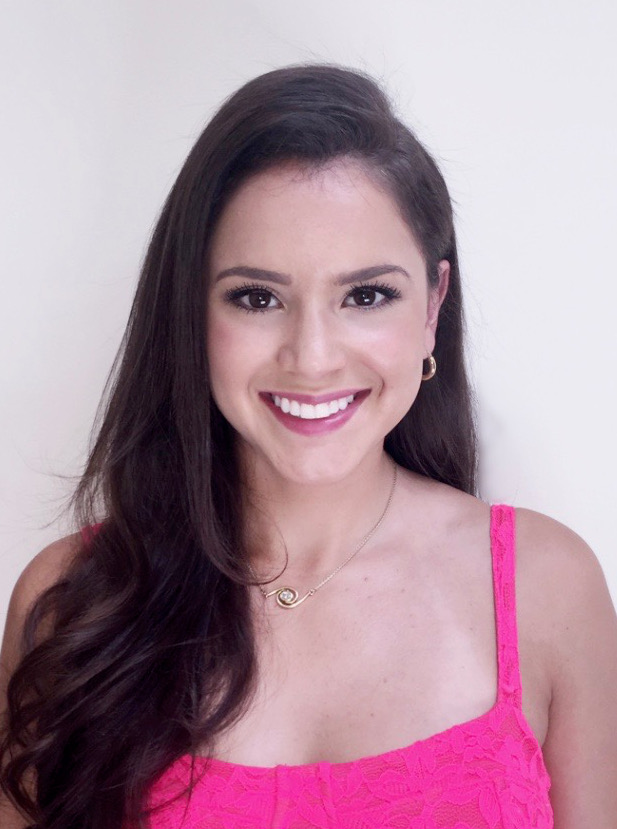
Isle Bastille |
Isle Bastille is a second year PhD candidate in the Neurobiology Department at Harvard University. Under the supervision of Chenghua Gu, I am conducting research aimed and understanding the basic regulatory mechanisms of the blood-spinal cord barrier (BSCB). Previously, I obtained a Bachelor in Arts from Cornell University in Neurobiology and Biopsychology. There, I worked in two labs. One in the department of Bioengineering under the supervision of Chris Schaffer where I worked on developing a technique for imaging blood-flow in the spinal cord of an awake, behaving mouse. The other was in the Psychology department under the supervision of Barbara Finlay where I completed an extensive meta-analyses to understand the convergent evolutionary development of avian and mammalian visual systems. During the summers I worked in Constance Cepko's lab at Harvard University where I developed transynaptic viral tracers to map circuits between the brain and amacrine cells in the retina. After college, I worked in an Alzheimer's pathology lab where I studied the effect of neuronal activity on the propagation of pathological tau, a hallmark of Alzheimer's disease. Outside the lab I write and perform poetry, train for competitive powerlifting, practice yoga, and play a lot of soccer! |
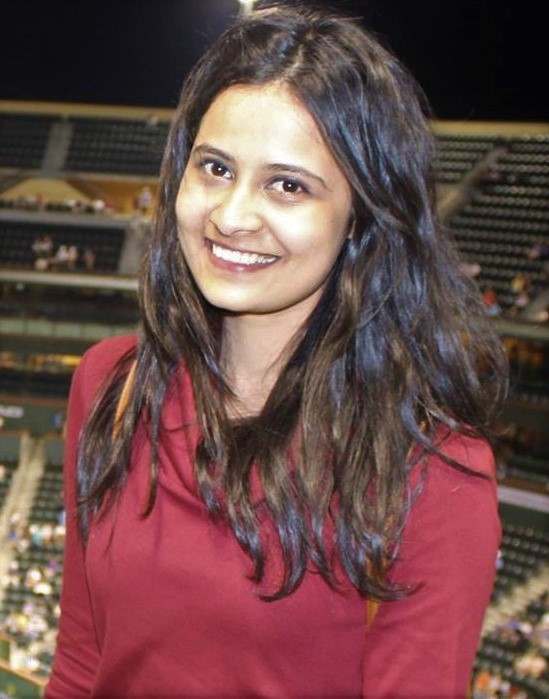
Ruta Deshpande |
Ruta Deshpande is a graduate student in Biomedical Engineering at the University of Southern California, Los Angeles. She moved to the US after completing her Bachelors in Instrumentation Engineering in India. Passionate about making human lives better, the move was a natural fit.
Her research involves Deep Brain Stimulation in children with movement disorders. She measures brain activity using scalp EEG to get a better understanding of how the therapy interacts with the brain. Her team records signals from electrodes implanted in the child's brain, which help to get a deeper understanding of abnormalities and to improve DBS therapy. She plans to go to the industry after graduating. A nature and animal lover, Ruta is also an adventure enthusiast. |
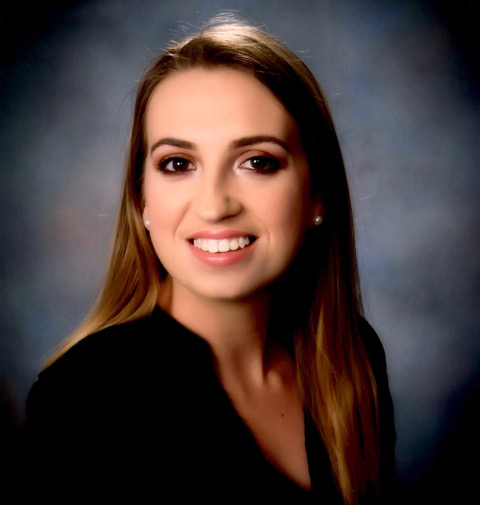
Jessica Eager |
Jessica Eager grew up near Asbury Park, New Jersey. She earned a BS in microbiology and immunology from the University of Miami in 2014 and an MS in bioinformatics from Drexel University in 2017. She has remained at Drexel and is pursuing a PhD in biomedical engineering with a focus in bioinformatics under the advisement of Dr. Kara L. Spiller. Her research focuses on developing methods to infer and quantify the role of immune cells in tissue repair and regeneration. Ultimately, she hopes to create a diagnostic tool to predict responsiveness to treatments in the context of chronic wounds. In her spare time, Jessica enjoys traveling and exploring new restaurants. |
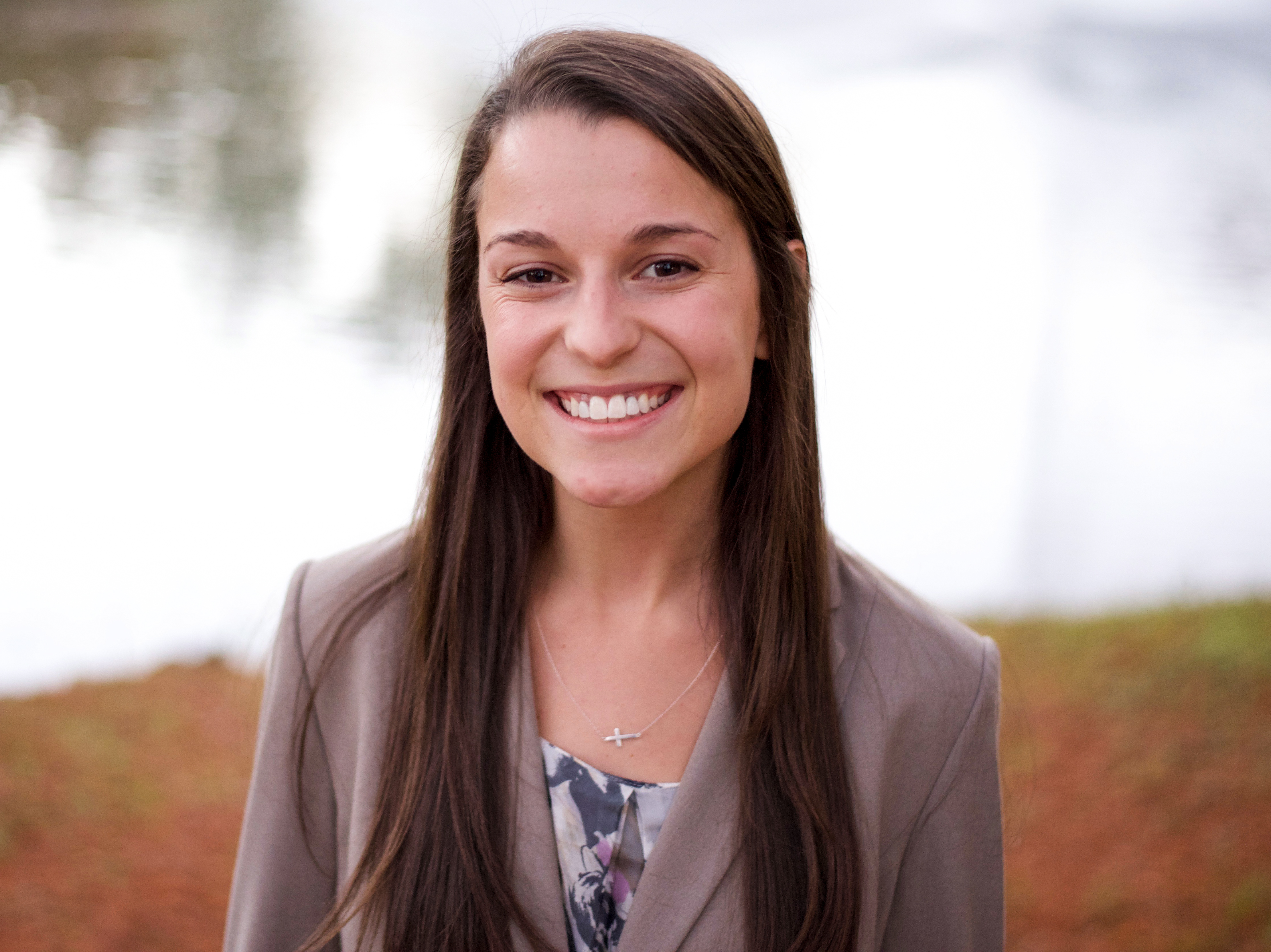
Mackenzie Grubb |
Mackenzie Grubb is a senior at the University of Florida studying Chemical Engineering. She does research on applications of magnetic nanoparticles, and specifically their use in magnetofection. She plans on pursuing her Doctorate degree in Biomedical Engineering after graduation in May of 2019. |
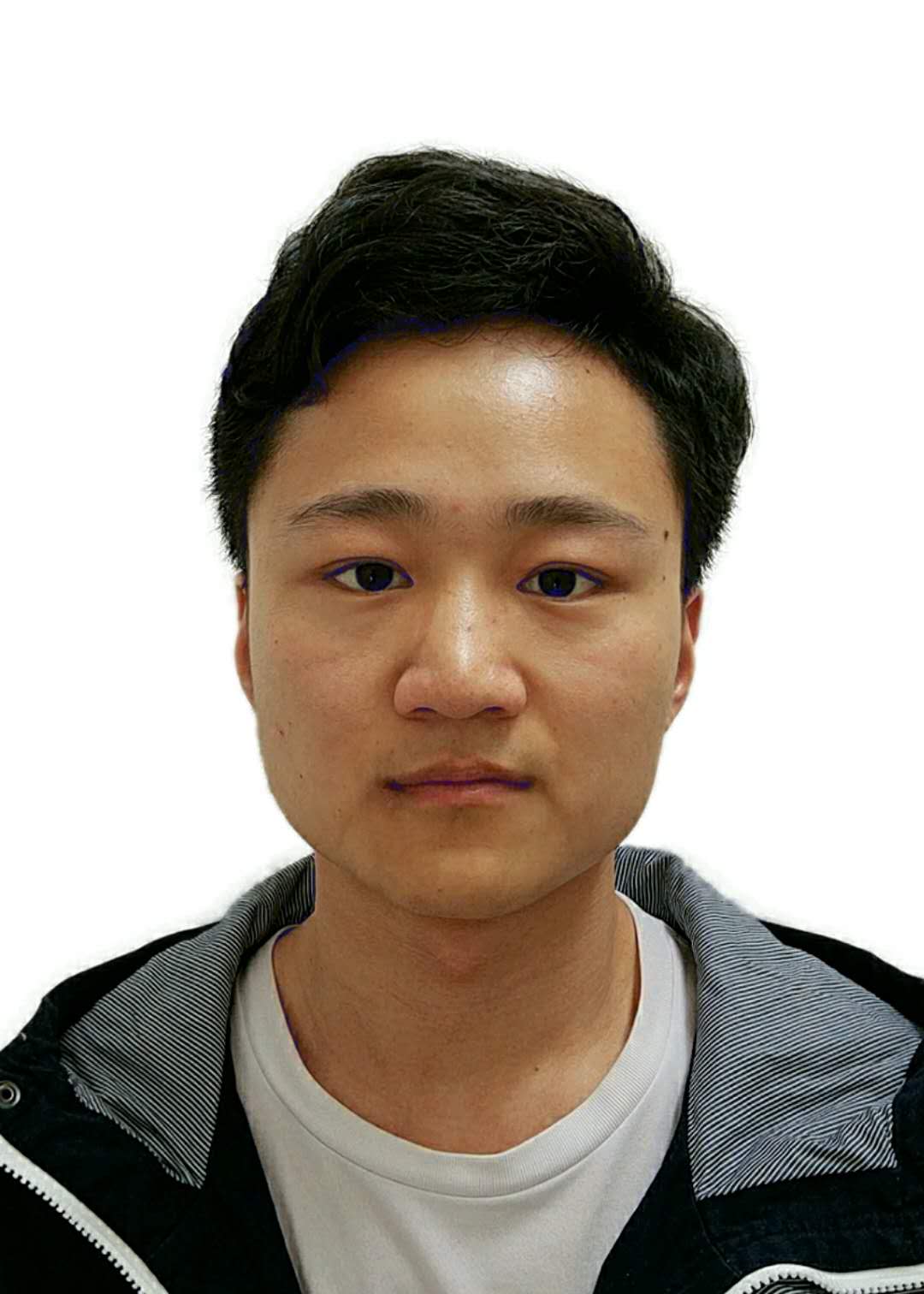
Dongsheng Gu |
Dongsheng Gu is currently a graduate studying at the Institute of Automation, Chinese Academy of Sciences. At the institute, he focuses on utilizing radiomics analysis extracting high-throughput informative features of medical images to improve decision-support in cancer in the Key Laboratory of Molecular Imaging. His current projects study the radiomics analysis in hepatocellular carcinoma (HCC), focusing on microvascular invasion (MVI) of HCC, which is one of the significant factors affecting the prognosis of patients. The success of this project may assist surgeon in therapeutic decision-making in HCC. In his free time, he enjoys reading, and exercising outdoors. |
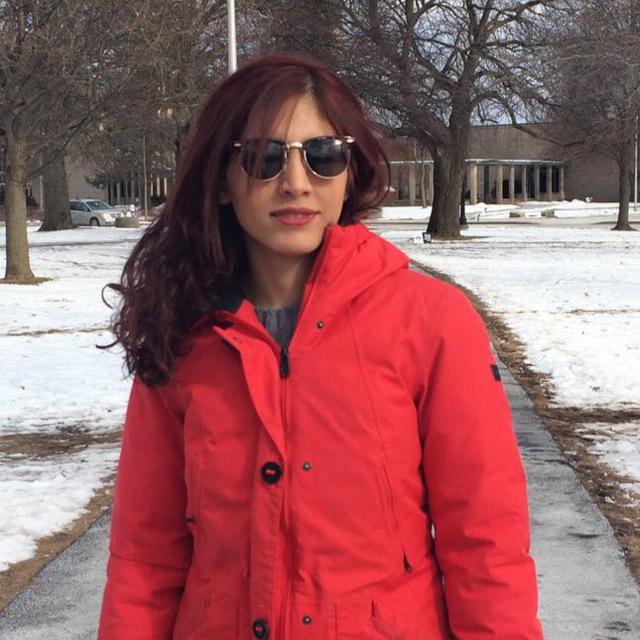
Sara Jahromi |
Sara Jahromi is a graduate student at School of Biomedical engineering at McMaster University, Canada. She did her bachelor's study in field of mechanical engineering from Sharif University of Technology, Tehran Iran. Her research focuses on bacteria resistance to antibiotics and studying bacteria response to bacterial viruses and antibiotics using microfluidic devices. After graduation, she hopes to start her career in a micro fabrication company. Outside of academics, Sara enjoys watching movies, playing squash and listening to music. |
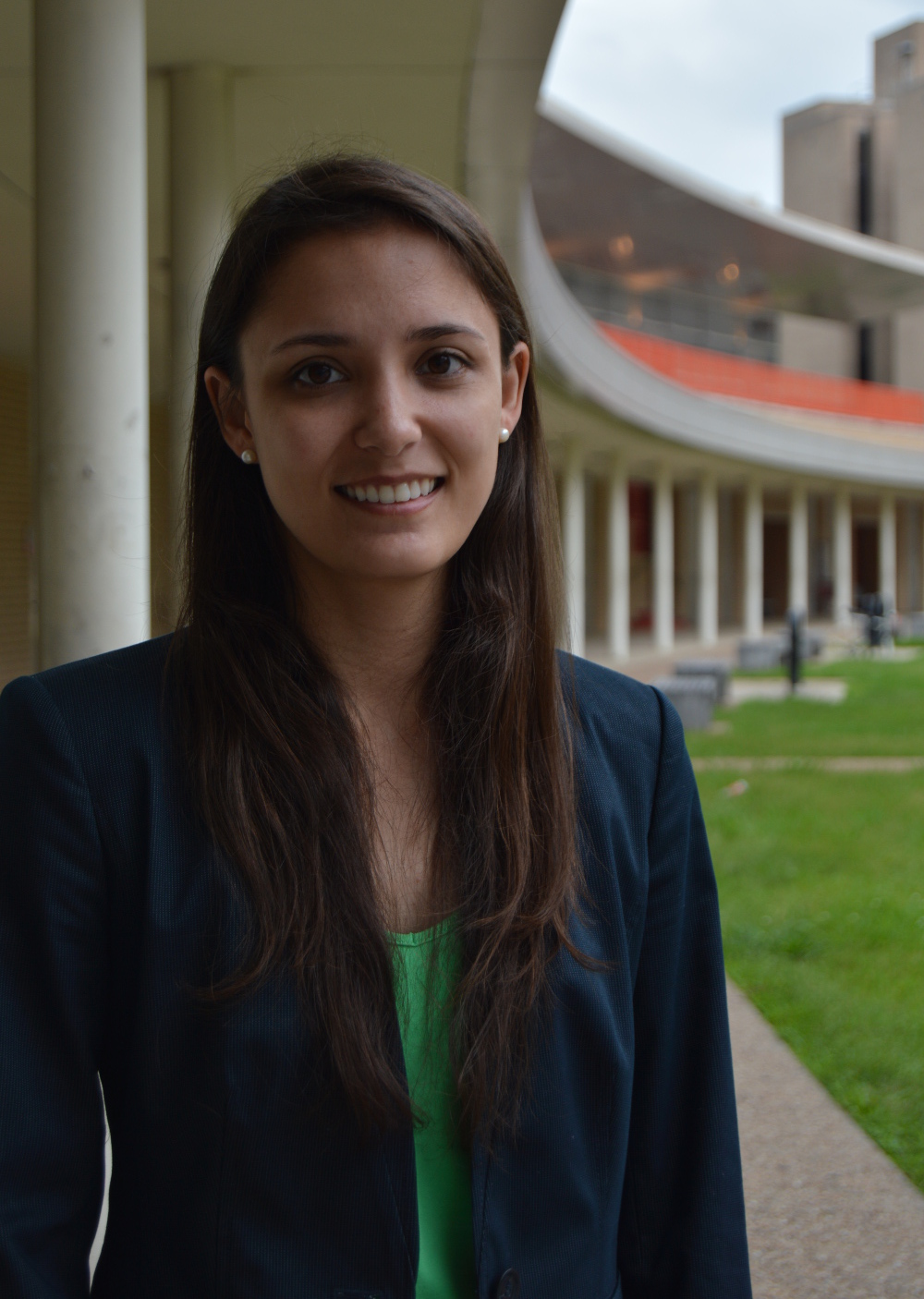
Renee Keller |
Renee Keller is currently a PhD candidate in the Department of Biomedical Engineering at the University of Houston, Texas. She received her B.S. in Biomedical Engineering from the University of Texas at Austin in 2013. Her research focus is on investigating the effect of perinatal nicotine exposure on RNA expression in dopaminergic neurons in the ventral tegmental area in order to identify altered gene regulatory networks using an in vivo rat model. She is also interested in computational neuroscience using bioinformatics. In her free time, Renee enjoys cooking, reading fiction, and watching Netflix and cooking shows. |
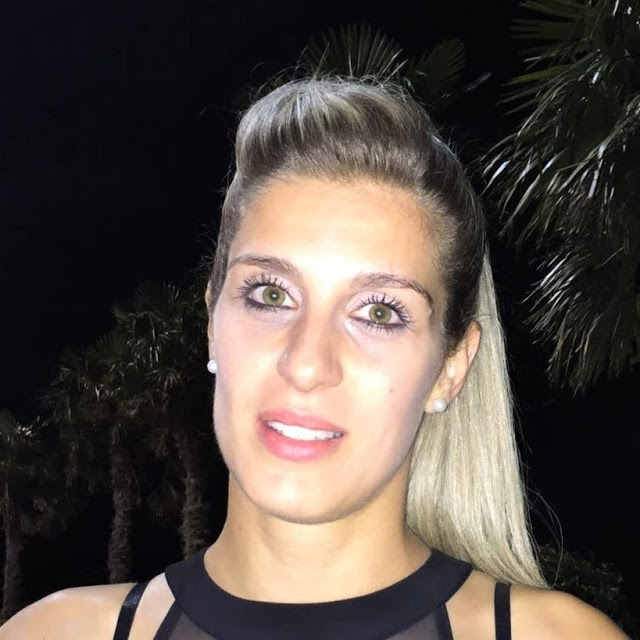
Konstadina Kourou |
Konstadina Kourou is a bioinformatician, with experience in machine learning and data mining, in the analysis of high-throughput cancer datasets and the development of in silico models, by means of systems biology applications, which can provide insights into the detection of disease states.
She received her Bachelor degree from the Department of Informatics from the Ionian University and holds an MSc in Bioinformatics from the King's College London University. She is currently a Ph.D candidate at University of Ioannina, Department of Biological Applications and Technology and her thesis is entitled "Multiparametric computational methods for modeling cancer diagnosis, prognosis and treatment". |
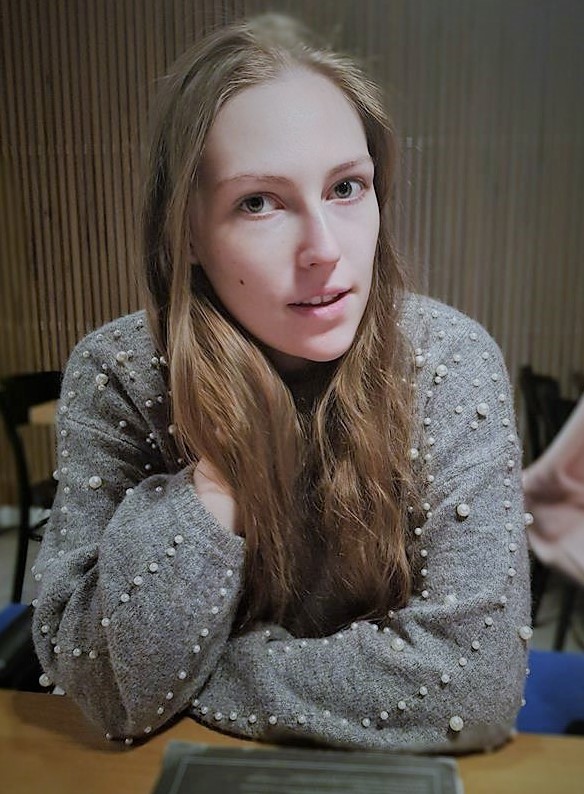
Agnieszka Lach |
Agnieszka Lach was born in Pszczyna, Poland in 1997 and is currently studying on a second year of biomedical engineering at Silesian University of Technology in Zabrze. She is the president of an academic club called "Biosoft", where she is conducting a research about lucid dreams and sleep deprivation. She is also an active member of IEEE Student Branch EMB. She speaks, beside Polish and English, French and Japanese. She is currently learning Chinese (Cantonese focused). She likes traveling around the world, meditating, getting to know more new positive people and cooking. She also likes dancing modern jazz and do judo. |
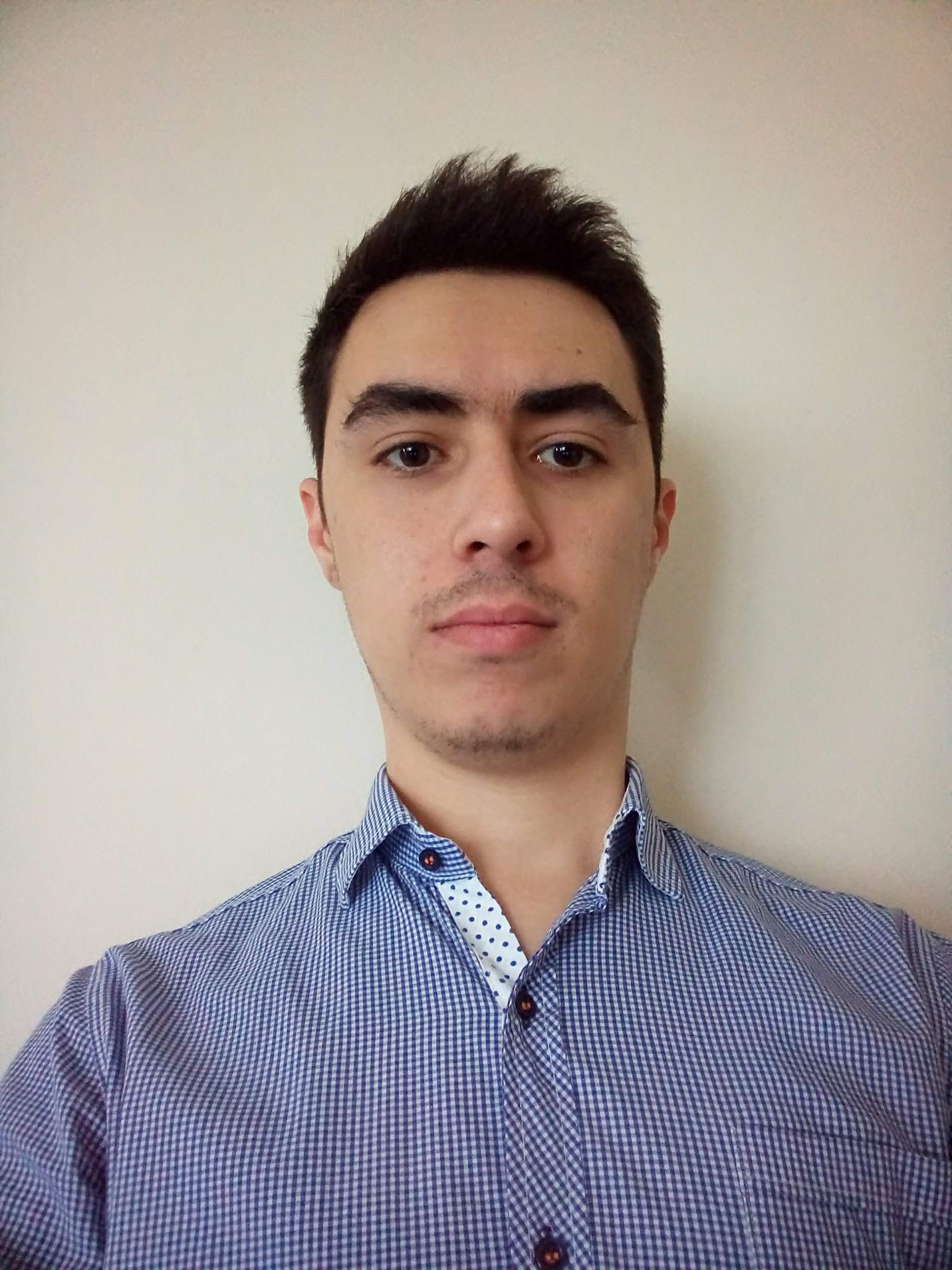
Sotirios Liliopoulos |
Sotirios Liliopoulos is from Vergina, Imathia, Greece and currently is a senior undergraduate student at School of Electrical & Computer Engineering at Technical University of Crete in Chania, Greece. He is currently working towards his thesis with title "Development and Parameter Identification of State-space Mathematical Models Simulating the Inhibition of Tumors under two or more Different Anticancer Agents" under the supervision of Professor George Stavrakakis. During last summer he did his internship at SenseLab (Technical University of Crete). As a member of SenseLab team he is helping in the development of a real time tangible interactive GIS (SandMap). In his free time, Sotirios enjoys hiking, playing football, watching a lot of movies and travelling. |
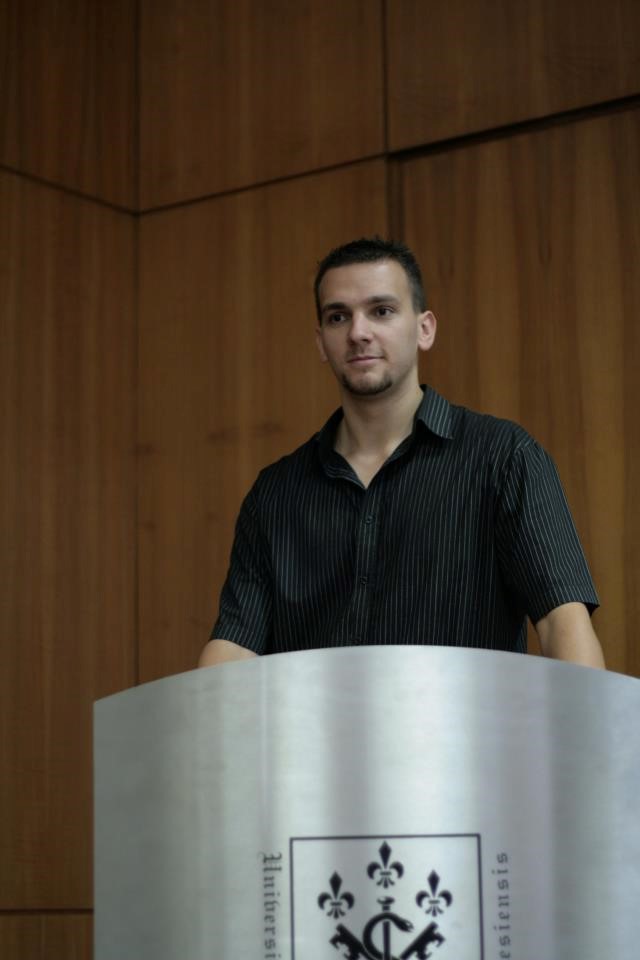
Peter Maróti, M.D. |
Peter Maróti, M.D. graduated at the Medical School in 2015, at the University of Pécs, Hungary. Currently he is in the residency programme at the Department of Public Health, where he works in several e-health and m-health projects. Also, he is doing his PhD programme at the Department of Biophysics with the lead of Prof. Dr. Miklos Nyitrai. His research project focuses on the medical device development in advanced neurorehabilitation, using 3D and 4D printing materials. He is expected to finish his studies in the fall of 2019. Peter is responsible for the strategy of R&D&I activity at the Medical Simulation Center and at the University of Pecs 3D Printing and Visualization Project. With his collegues, he is founder and CEO at P&P Inno-Tech Ltd and Me3D Innovations Ltd. As a spare time, he enjoys reading sci-fi and fantasy books, spending time with his friends and playing e-sport games. |
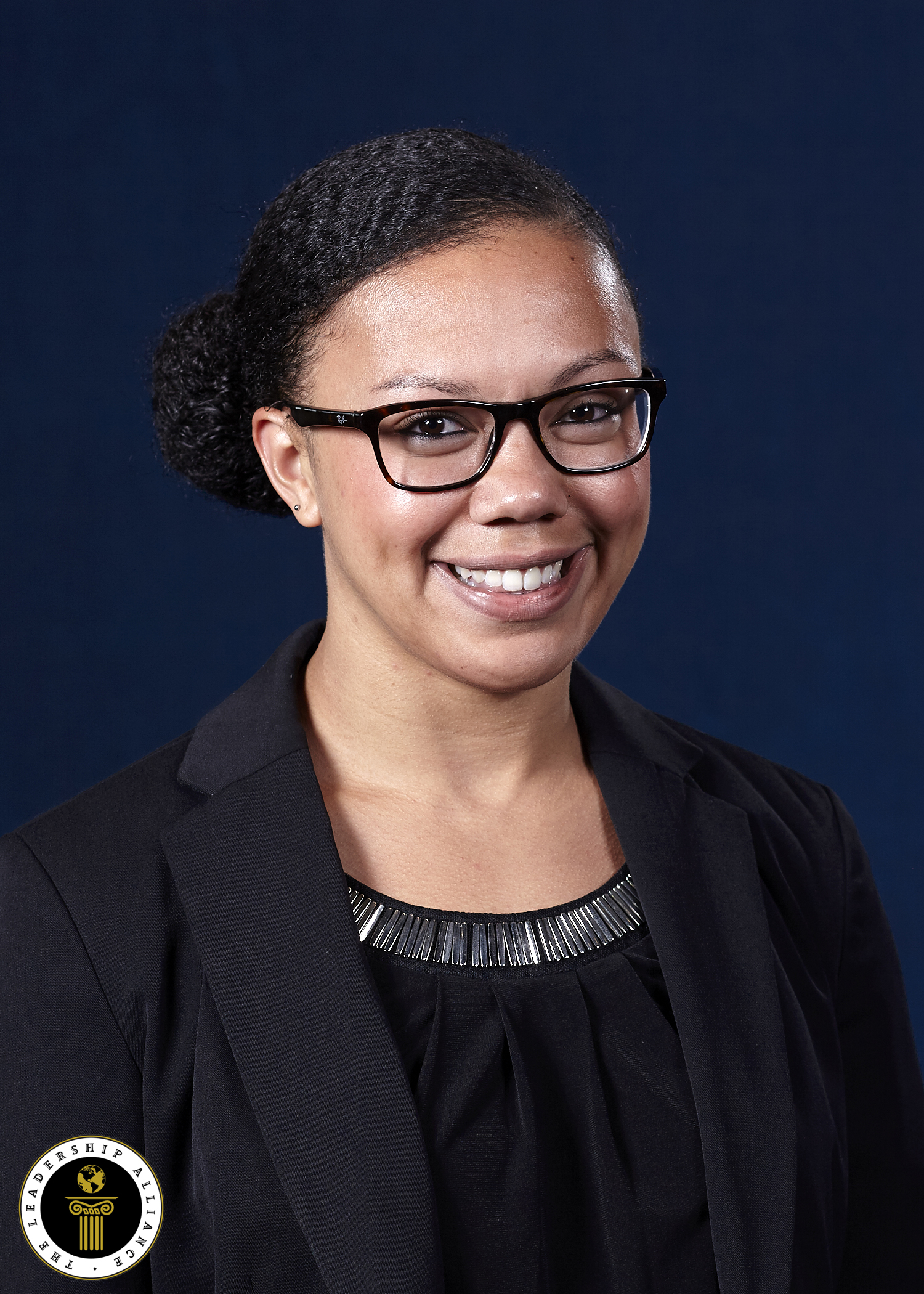
Amanda Nash |
Amanda Nash is currently an undergraduate studying at the University of Houston in Houston, Texas. She studies Biomedical Engineering in the Cullen College of Engineering and is a National Action Council for Minorities in Engineering (NACME) Scholar. At University of Houston, she works as a Biomedical Engineering Undergraduate Research Fellow in the Coulson-Thomas Lab in the College of Optometry. She started with the Coulson-Thomas Lab in the Fall of 2016, and is expected to graduate in May of 2018. Her current projects study the anti-inflammatory microenvironment of mesenchymal stem cells, focusing on characterizing the extracellular matrix of human umbilical cord derived mesenchymal stem cells and inducing the expression of similar extracellular matrix components in human bone marrow derived mesenchymal stem cells. The success of this project may lead increased success of bone marrow transplants in the future. In her free time, she enjoys drinking coffee, reading, spending time with family, and exercising in the park. |

Nicole Philip |
Nicole Philip is currently a junior at Stony Brook University, majoring in Biomedical Engineering with a Molecular and Cellular specialization. She aspires to obtain both an MS in Biomedical Engineering and enroll in medical school to eventually pursue a career in sports medicine. Nicole has worked under Dr. Stefan Judex of the Integrative Skeletal Adaptation and Genetics Laboratory researching the effects of LIV treatment on inflammation. She has interned in the football athletic department as a Sports Medicine assistant and is very interested in fitness and athletic training. Nicole is also an advocate for children's rights and education, loves travelling, and enjoys cooking in her free time. |
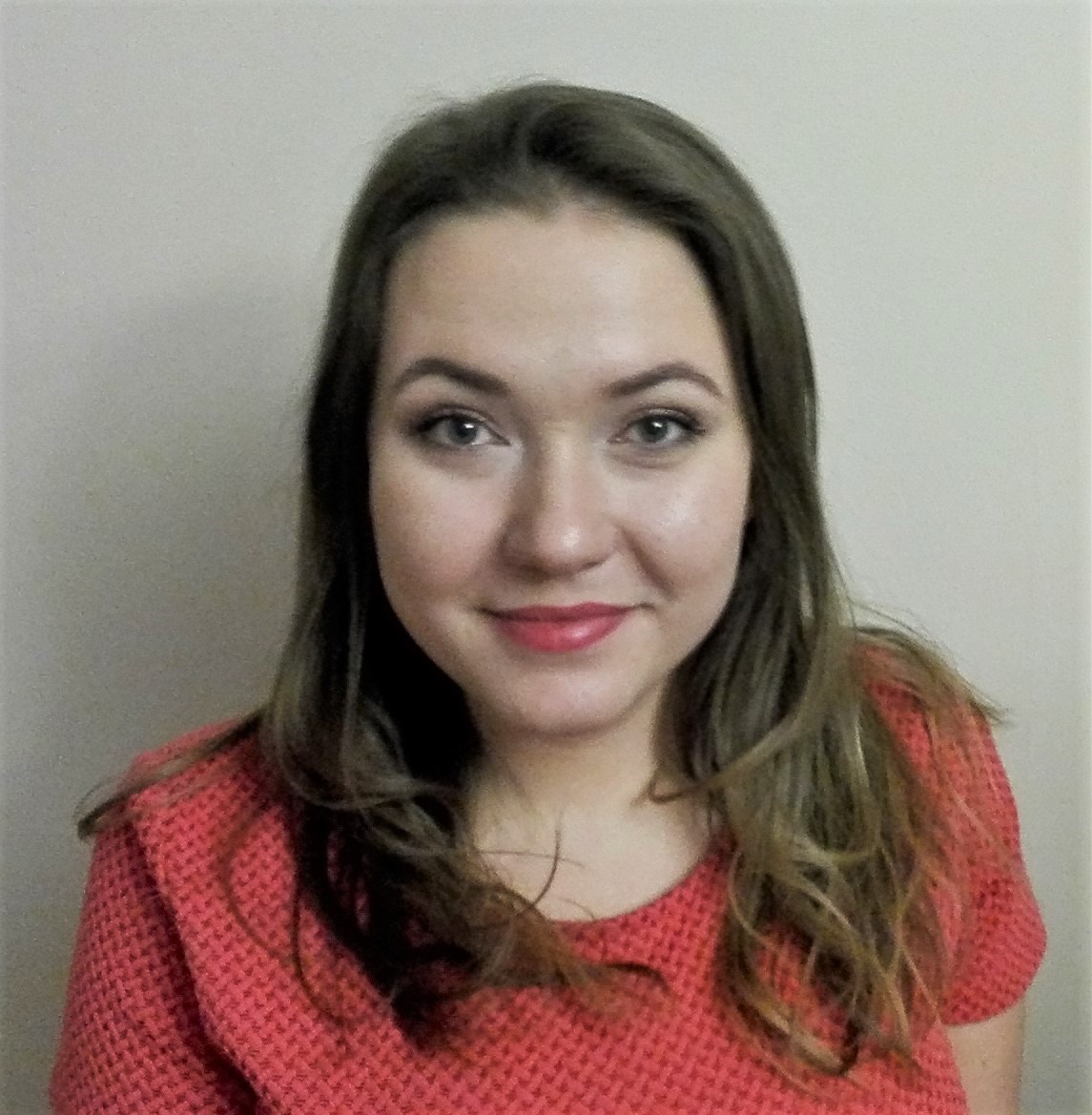
Natalia Piaseczna |
Natalia Piaseczna received her BS degree in BiomedIcal Engineering in 2017 from the Silesian University where she is currently completing her MS degree. Her research activities include biomedical signal processing, programming, mathematical modeling and implant design. She also focuses on the automatic diagnosis of pigmented skin lesions. She enjoys singing in choirs and has participated in various competitions and festivals in Europe. |
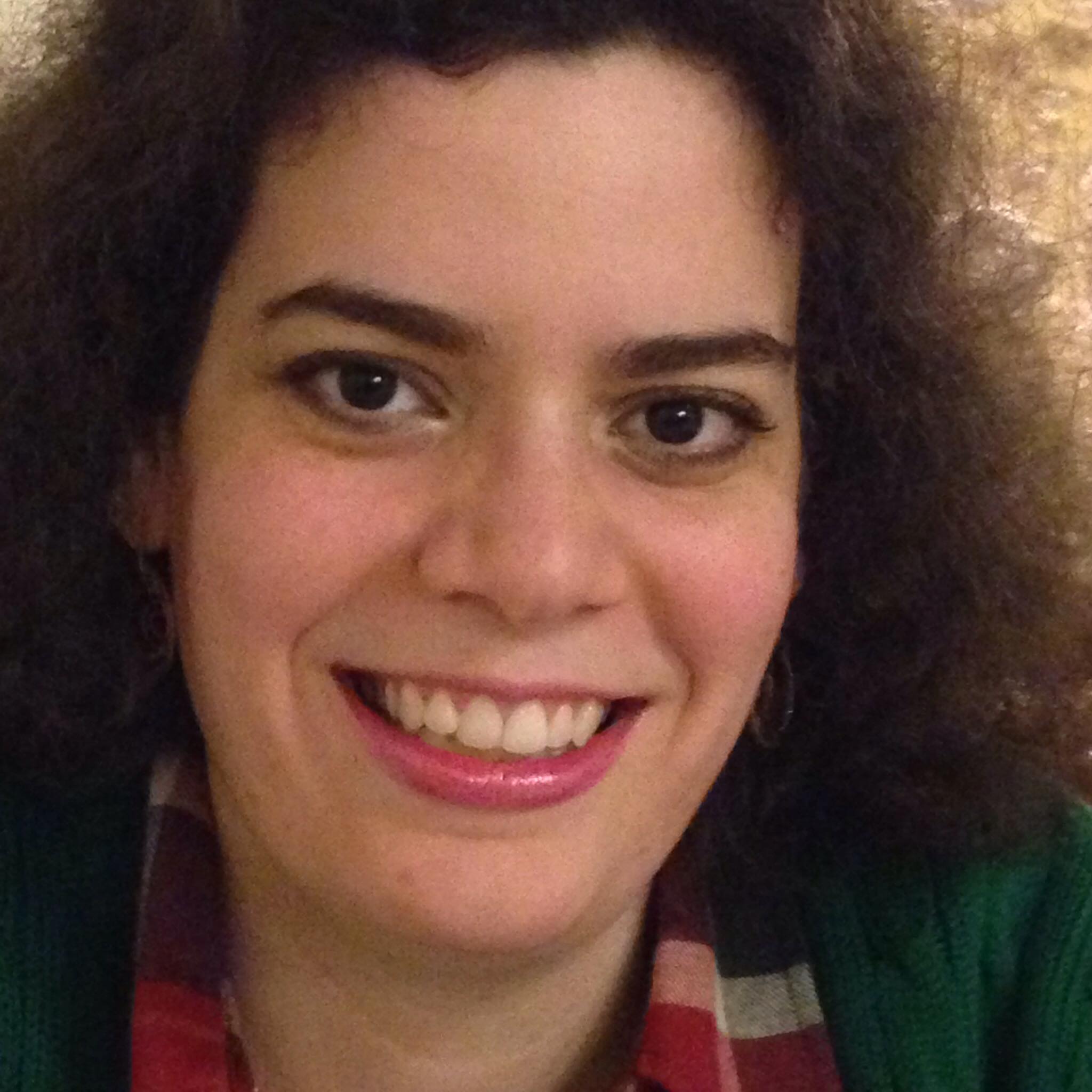
Ifigeneia Pologiorgi |
Ifigeneia Pologiorgi graduated as an Electronic and Computer Engineer in 2010 at the Technical University of Crete, Greece. Her B.S. graduate thesis was on the mapping of the spatial changes of the backscattered radiation intensity as a new criterion for the detection of the epithelial neoplasia. Following her studies, she was accepted into the Technical University of Crete's Production Engineering and Management Master's program that she completed in 2014. Her master specialization was in the field of "Organization and Management". Currently, Ifigeneia is a PhD candidate at the School of Production Engineering and Management of the Technical University of Crete, working on the research topic of production and acceleration of ions by high intensity laser pulses interaction with solid targets with potential application on hadrontherapy. Her research interest also focuses on biomedical image processing and on the development of information system for managing image and signal data derived from different medical imaging modalities for pathology associations. She is the author of articles and presentations published in the proceedings of Greek and international conferences, in the field of biomedical engineering, applied laser physics and operational research. She has worked on research and administrative projects of the Technical University of Crete and of the Technological Educational Institute of Crete. She is currently working as laboratory assistant for undergraduate courses at the School of Electrical and Computer Engineering of the Technical University of Crete. |
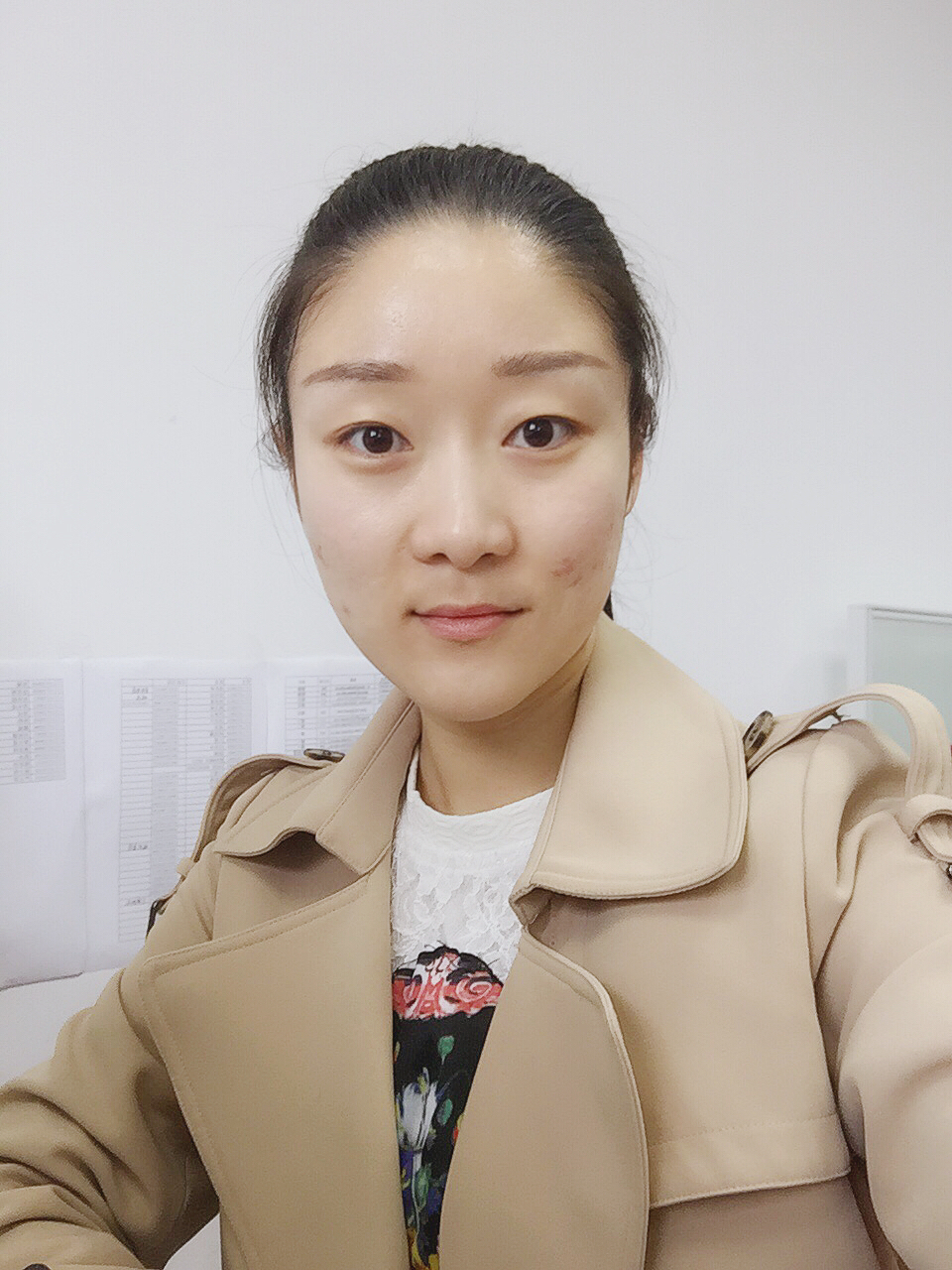
Haoran Ren |
Haoran Ren is currently a first-year PhD candidate of Biomedical Engineering in Fudan University, China. She is doing research under the supervision of Prof. Wei Chen in the Center of Intelligent Medical Electronic (CIME). Her current research focuses on the functional brain imaging using functional near-infrared spectroscopy which measures the hemodynamic response during motor tasks. Her research interests include using fNIRS combined with EEG to monitoring the hemodynamic and electrophysiological changes of neonates with brain injury, and sleep-wake cycling among preterm infants, which involve information fusion, signal processing, and machine learning. Apart from enthusiasm in academia and research, she enjoys her life with sports, particularly for badminton and jogging. Additionally, she is fond of reading and traveling. |
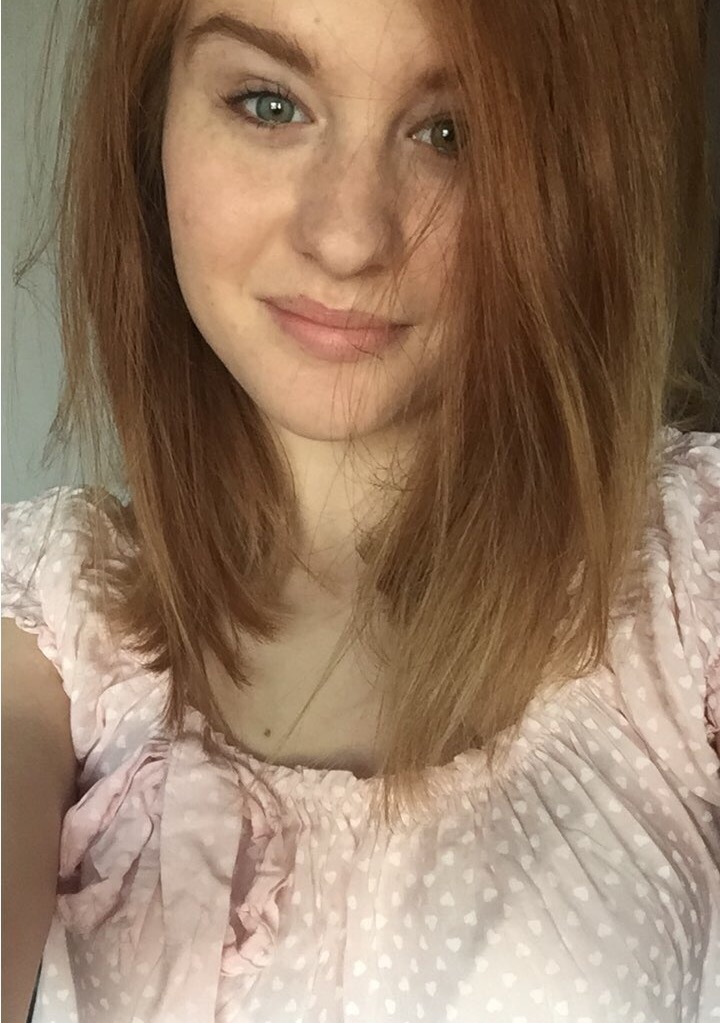
Sara Sarraj |
Sara Sarraj is currently an undergraduate engineering student at the Faculty of Biomedical Engineering at the Silesian University of Technology in Zabrze, Poland and the president of a student research group called "Synergia" with the focus on advanced biomaterials. She is fluent in 4 languages. She likes reading books, sports and dancing. |

Sruthi Selvakumar |
Sruthi Selvakumar is currently a senior undergraduate student at the University of Florida majoring in Biomedical Engineering with a Biomaterials and Regenerative Medicine focus. Having been accepted into the University of Florida's Biomedical Engineering Master's program, she plans to continue her education in biomedical engineering as a Masters student in the upcoming year. Her research focuses on the development of a modified bone demineralization process for a more osteoinductive scaffold for grafting large non-union fractures. She plans to pursue an M.D. at a medical school after graduating with her Master's degree in May of 2019. In her free time, she enjoys traveling, meeting new people, singing, and binge-watching shows and movies on Netflix. |
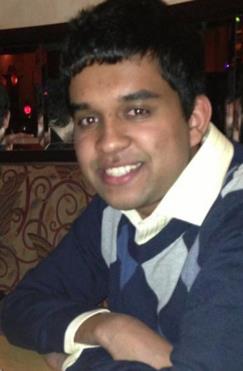
Dhruv Seshadri |
Dhruv Seshadri is pursuing his PhD in Biomedical Engineering at Case Western Reserve University in Cleveland, OH. His doctoral research is on evaluating the clinical utility of current biomedical sensors for human performance assessment and developing analytical platforms to better translate the acquired data into actionable protocols for the betterment of athletes and patients. Dhruv completed his masters in 2017 at the Cleveland Clinic Lerner Research Institute where he developed drug-laden nanotherapeutics to modulate the tumor microenvironment for Non-Small-Cell Lung Cancers and as a regenerative platform for abdominal aortic aneurysms. During his masters, he along with his cohort team, received a grant from the NSF to participate in the ICORPS program to evaluate the commercial feasibility and viability of the developed nanotherapeutics for various respiratory diseases. He graduated with his Bachelors (B.S.) in Polymers Science and Engineering from Case Western in 2014. Dhruv interned at Atomic Energy and Alternative Energies Commission in Grenoble, France (2014, National Science Foundation Fellowship; bio-organic semiconductors) and Lawrence Berkeley National Laboratory, Berkeley, USA (2012, 2013 U.S. DOE Fellowship; lithium-ion batteries). Dhruv's career aspirations are to work on medical devices and therapies for which there are unmet medical needs and work in venture capital to help mentor and coach start-up biotech firms. In his free-time, Dhruv likes to participate in intramural sports, cook, and fly his drone. |
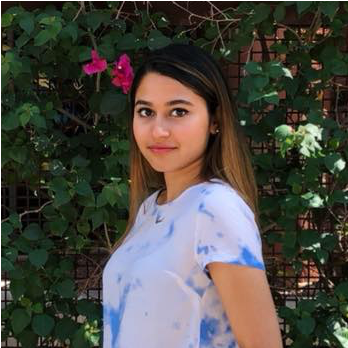
Mahum Siddiqui |
Mahum Siddiqui is a Junior Biomedical Engineering Major at Stony Brook University, with a specialization in Biomechanics and Bioinstrumentation. She works under Dr. Stefan Judex of the Integrative Skeletal Adaptation and Genetics Laboratory, conducting biomechanics research. She plans on pursuing a MS in Biomedical Engineering, and studying bioinstrumentation for women's health applications. She is an activist for gender equality on her campus, and enjoys traveling. |
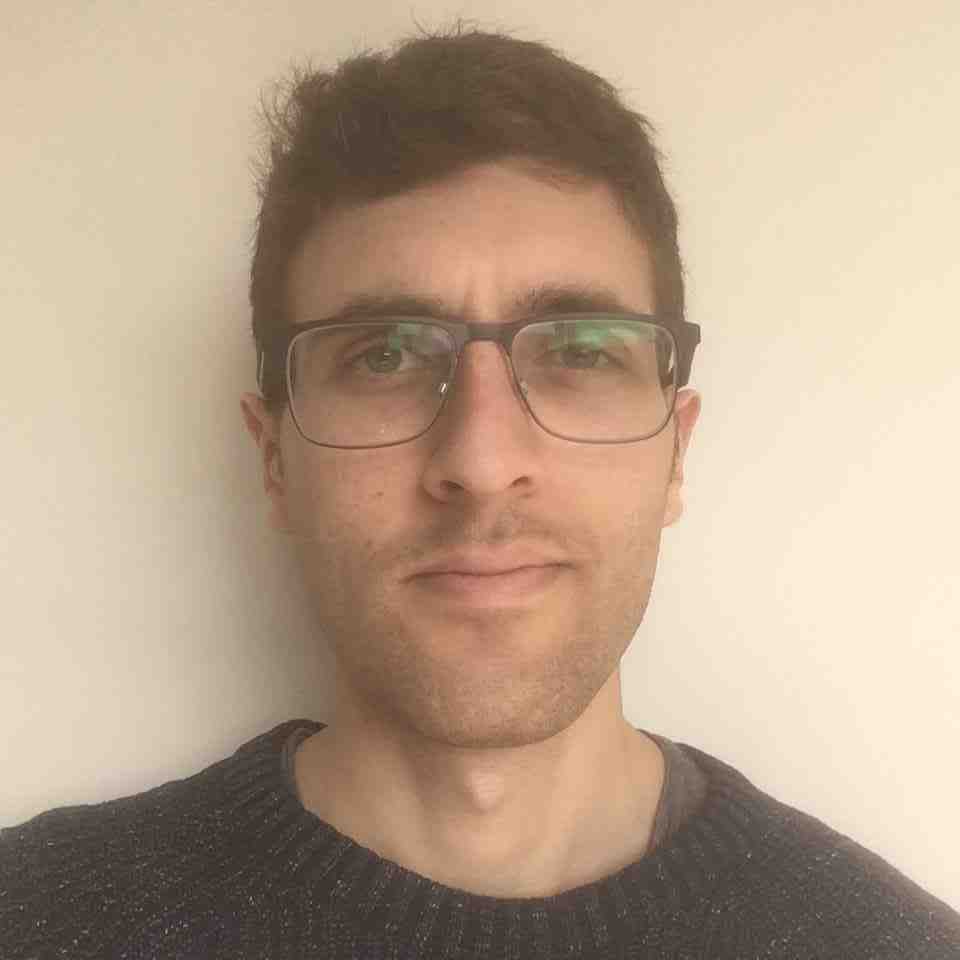
Vasileios Smyrlis |
Vasileios Smyrlis received his MEng degree in Biomedical Engineering from Imperial College London, UK in 2015. He is currently a PhD candidate in Gait Analysis and Balance, at the University of Ioannina, Greece. His past research projects include biomechanics of shotput athletes, image processing techniques for detection of thiols in urine and algorithms for analysis of brain networks' topology. |
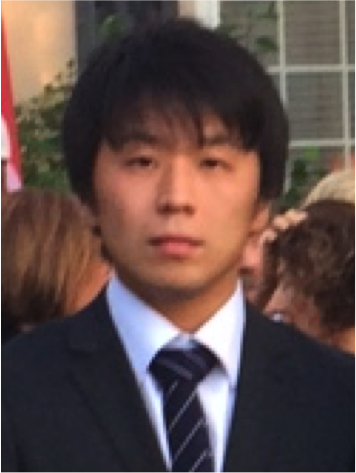
Yoshinori Sunaga |
Yoshinori Sunaga received M.E. degree and Ph.D. degree in Graduate School of Materials Science from Nara Institute of Science and Technology, Japan, in March 2014 and March 2017. He is interested in development of novel devices for observing and accessing brain activity of animals to reveal new brain mechanism. Currently, he is a postdoctoral fellow and starts collaboration research between Nara Institute of Science and Technology and the University of Houston. His research focus is on the understanding of the behavior of dopaminergic neurons in the ventral tegmental area using an in vivo rat model and an imaging device. He also enjoys spending time playing sports, especially soccer and volleyball. |
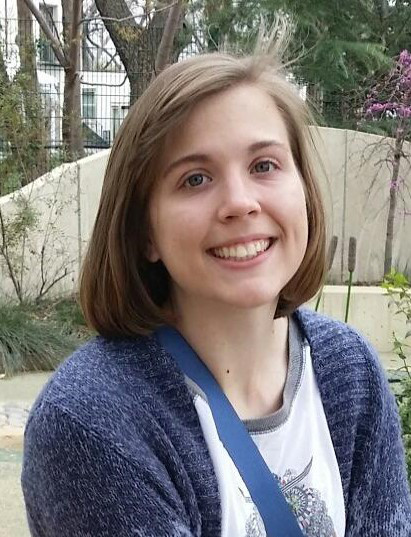
Ashley Tucker |
Ashley Tucker is a recent graduate from Texas A&M University with a Bachelor of Science in Biomedical Engineering with a minor in Neuroscience. She will begin her graduate education studying Neuroscience at Texas A&M University starting in August 2018. Working under the guidance of Dr. Jane Welsh, Ashley's undergraduate research focused on developing new therapeutic strategies for crossing the blood brain barrier through the usage of exosomes, cell derived nano-vesicles. Her goal for her graduate education is to combine her biomedical engineering background with her newly acquired neuroscience knowledge to understand the mechanisms and causes or neurological diseases in order to design and build smart and effective engineered inspired therapeutics.
During her undergraduate career, Ashley was the president of the Texas A&M Chapter Biomedical Engineering Honor Society, Alpha Eta Mu Beta, and the Middle School Outreach Coordinator for the Texas A&M Chapter of Society for Biomaterials (SFB). Having a passion to help her fellow peers, Ashley used her leadership to spearhead the development and execution of the first and second annual Biomedical Engineering Career Fair at Texas A&M. As Middle School Outreach Coordinator, Ashley constantly developed new strategies to teach complex biomaterial concepts and inspire students that they too can pursue a career in science or engineering. Outside of work, Ashley enjoys trying out recipes, watching movies, and learning new languages. |
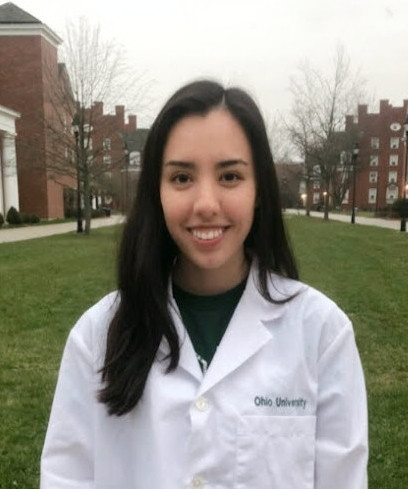
Gabrielle Tysa |
Gabrielle Tysa is a senior undergraduate chemical engineering student at Ohio University. She has worked as an automation systems engineer co-op for a number of pharmaceutical companies such as Pfizer, Roche - Genentech, and Shire. She has experience as an area lead for steam-in-place (SIP) automation and has also worked on clean-in-place (CIP), fermentation, media, buffer, and utilities process area automation code development, field testing, and documentation. At Ohio University, she is using her experience from working in industry to develop a reactor system that is controlled by Emerson's DeltaV automation software for future use in the Process Controls course. She is also president of Theta Tau: Professional Engineering Fraternity, and competes on the AIChE ChemE Car team. In her spare time, she enjoys strength training, playing quidditch, and attempting to cook. |

Peter Varga, M.D. |
Peter Varga, M.D. graduated as a medical doctor in 2015, Pécs, Hungary. Currently he teaches surgical techniques, taking part in both graduate and postdoctoral courses. His PhD topic focuses on 3D technologies in perioperative planning and healthcare education. He works with Balazs G. on applications of computational fluid dynamics analysis of blood vessels. He is one of the coordinators and a charter member of the Medical Simulation Center of Pécs University. Peter is the strategic manager of the University's 3D Project. He is one of the founders and CEOs of P&P Inno-Tech Ltd and charter member of Me3D Innovations Ltd. He is a hobby barista and, in his free time, he likes to go fishing. |
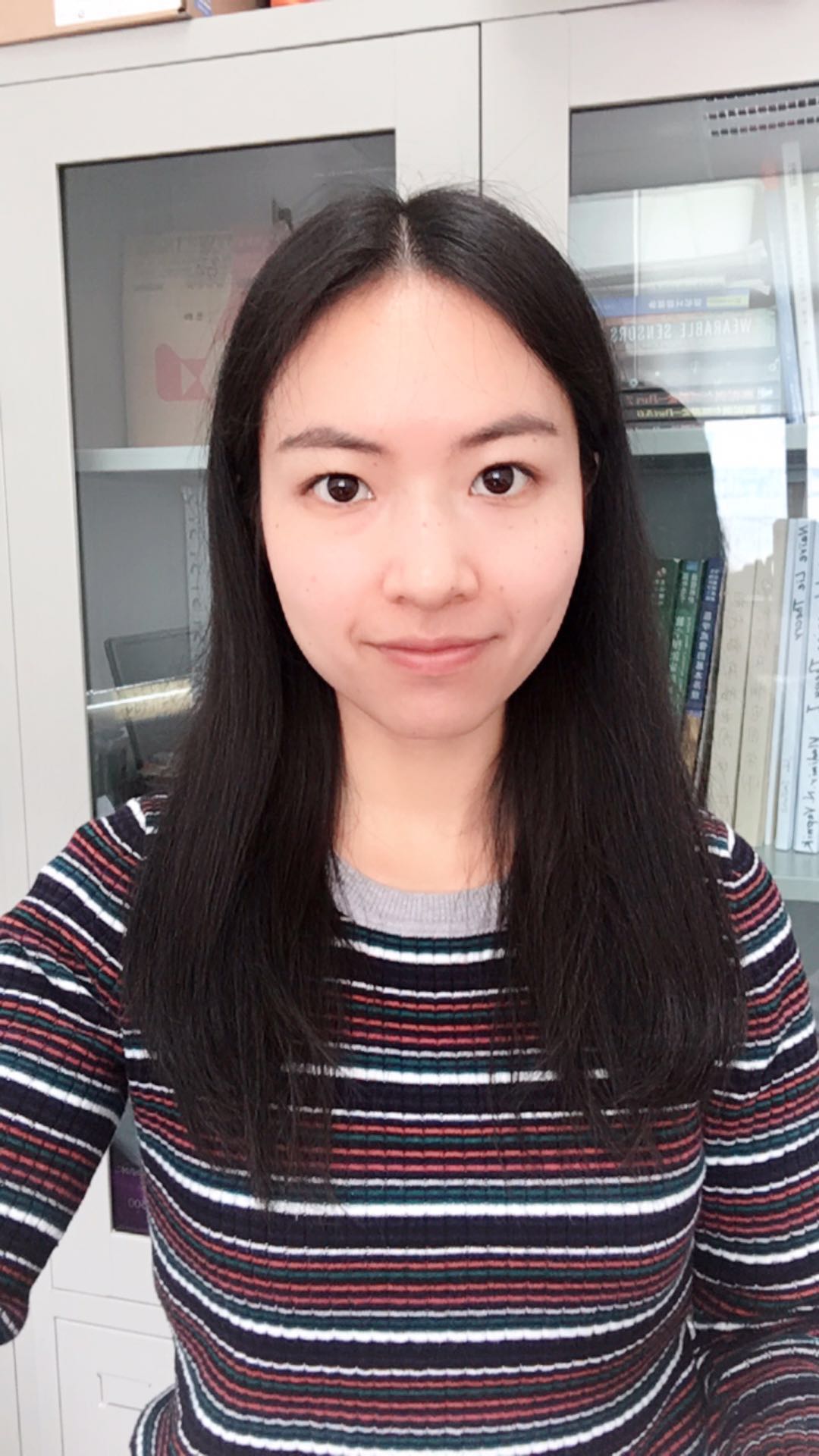
Xian Zhao |
Xian Zhao is a graduate student in Biomedical Engineering. She is pursuing her PhD in the School of Information Science and Engineering, Fudan University, under supervision of Dr. Wei Chen at Center for Intelligent Medical Electronics (CIME). She is interested in detecting and processing physiological electrical signals to improve human performance assessment and clinical monitoring. Her doctoral research focus is on EEG signal processing, which involves signal processing, computer science, neuroscience. Her recent work is to investigate techniques for feature extraction, patterns discrimination associated with epileptic seizures and for deriving meaningful outcomes that can guide decision making. In her free time, she enjoys swimming, jogging and spending time with family and friends. |
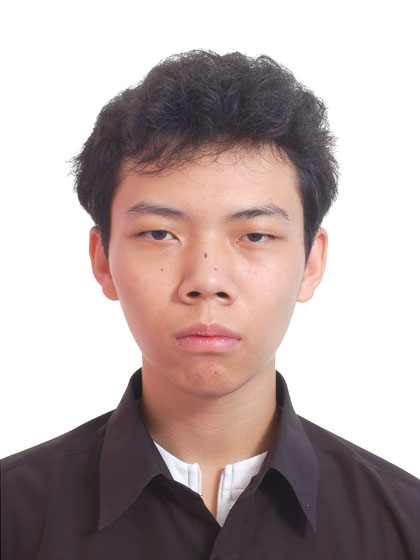
Hongyu Zhou |
Hongyu Zhou is currently a graduate at Shenzhen Institutes of Advanced Technology, and is studying at the Key Lab of Molecular Imaging, Chinese Academy of Sciences. He currently focuses on the radiomics and medical image processing based on deep learning technology. His recent project is a parametric normalization method for medical images based on deep learning. The success of this project can greatly increase the data available for medical research. In his free time, he enjoys reading and playing tennis. |
